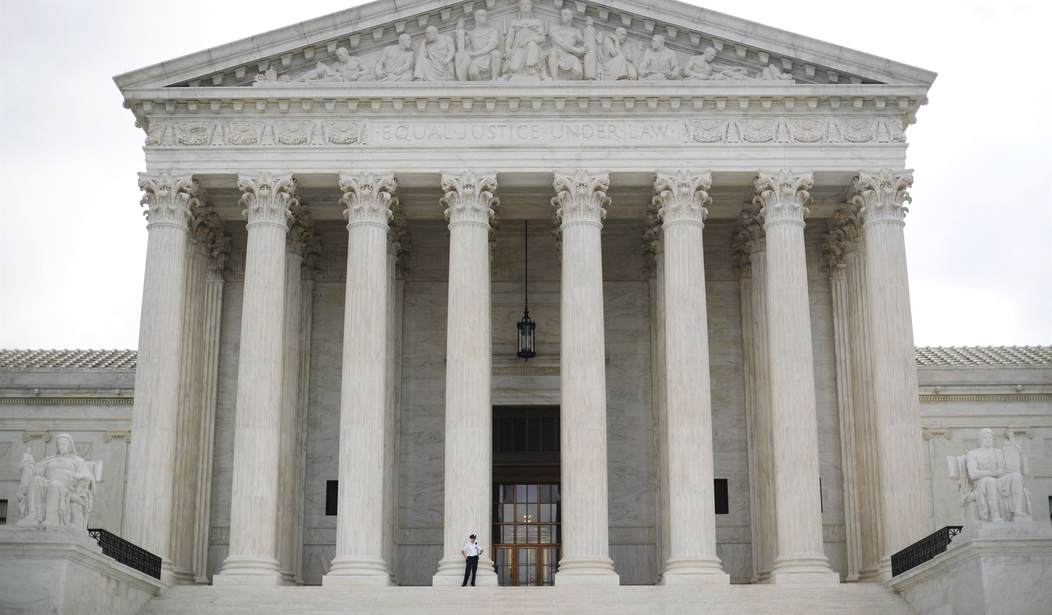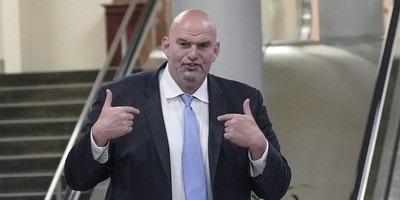Is the U.S. Supreme Court poised to require states to pay private religious school tuition? Is the court ready to overturn the wisdom of our constitution’s framers and support state funding of religious schools? All to remedy a bogus claim of religious discrimination in a case that’s moot because the state Supreme Court invalidated the entire program at issue?
So you might think if you took seriously the amicus briefs that teachers’ unions and anti-religious freedom organizations have submitted in Espinoza v. Montana Department of Revenue, an important religious freedom and school choice case that the justices will hear oral argument on January 22. Sadly, these “friend of the court” briefs are not friends of the truth when it comes to the Montana case, our nation’s history or constitutional law.
The Montana tax credit program is – was – a modest incentive program to support education generally. The law provided a tax credit for donations to private school scholarship funds and donations to public schools. The Supreme Court has already said that scholarships like Montana’s help students, not schools. Espinoza isn’t about aiding religious schools at the expense of public schools. To the contrary, it is about supporting education and defending religious freedom. A state that bars parents who choose religious schools for their children from accessing state-sponsored tuition assistance restricts these parents’ free exercise of religion.
These “friends” of the court and the enemies of Kendra Espinoza and the other Montana moms petitioning the court with her argue that the founders opposed state funding of religious schools. Therefore, they would have embraced the Montana state constitutional provision that bars public funds “to aid any church, school, academy … controlled in whole or in part by any church, sect, or denomination.” After all, James Madison and Thomas Jefferson defeated a Virginia assessment bill for public funding of religious teachers and supported passage of the Virginia Bill for Religious Liberty, which prohibited compulsory taxpayer support of religion. But, unlike the Virginia assessment bill, the Montana scholarship program is a neutral tax incentive program; it treats families choosing private religious schools the same as those opting for non-religious schools when competing for privately-funded scholarships.
Recommended
The teachers’ unions and anti-religious freedom groups also claim that Montana’s “No-Aid provision” is not discriminatory (and never was). This is revisionist history at its worst. State Blaine amendments like Montana’s were inspired by anti-Catholic animus rampant in the late-1800s. They were designed to guarantee that government funding go exclusively to public schools at a time when these schools were overwhelmingly and explicitly Protestant. No fewer than seven Supreme Court justices have recognized that the state Blaines stand for bigotry, not some grand anti-establishment tradition. Delegates to the Montana state constitutional convention in 1972 consistently stated that the convention retained the 1889 provision, which they acknowledged was a “badge of bigotry” and a “remnant[] of a long-past era of prejudice.” Born of explicitly anti-Catholic bigotry, these “no aid” state provisions are now used as a tool to exclude religious schools of every creed from government-sponsored initiatives like Montana's scholarship program.
Kendra Espinoza initially objected to the state Department of Revenue’s rule that barred religious schools from participating in the tax credit scholarship program. The Montana Supreme Court ruled that the scholarship tax credit program violated the state’s Little Blaine amendment and threw out the whole program. This has led defenders of the state court’s order to claim that, because there is now no injury to be rectified, the Court should not consider the merits of the Espinoza case. That’s too clever by half.
It’s worth remembering that the Supreme Court ruled that bigots in the 1960s could not avoid integrating public schools by simply closing the schools. Defenders of the Blaine amendments can’t avoid judicial review by simply eliminating scholarships for all schoolchildren seeking alternatives to public schools. It’s also the case that the state court ruling prohibits Espinoza and others who would like their kids to go to a religious school from petitioning their state Legislature to pass a financial aid program they can participate in. Meanwhile, the legislature can still pass aid programs for families choosing non-religious private schools. In short, with the misbegotten state Blaine amendment as its guide, the Montana Supreme Court is engaged in an on-going violation of the rights of a select group of Montanans.
The U.S. Supreme Court has an opportunity to end this on-going violation and the bigoted Blaine amendments that allow it. And give schoolchildren attending religious schools in Montana and across the country a chance to benefit from public programs offering financial or other assistance for education.
Andrea Picciotti-Bayer is Legal Advisor for The Catholic Association Foundation.

























Join the conversation as a VIP Member